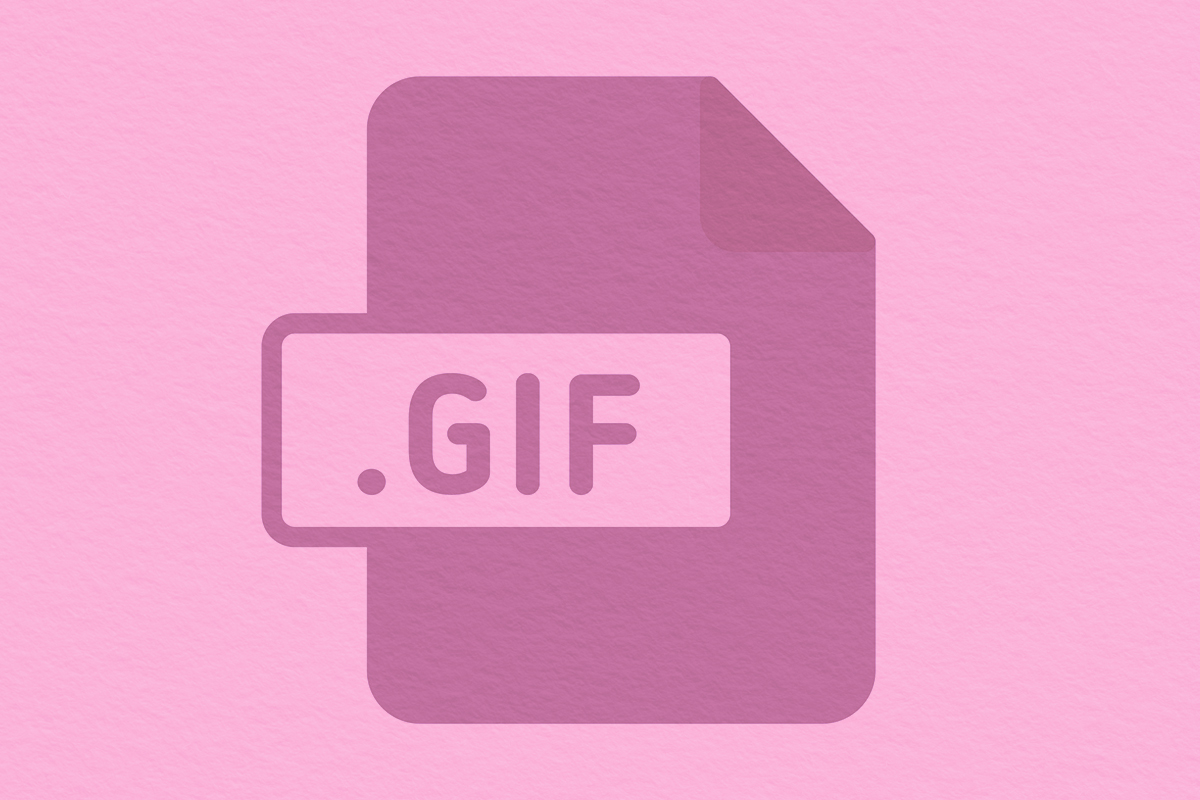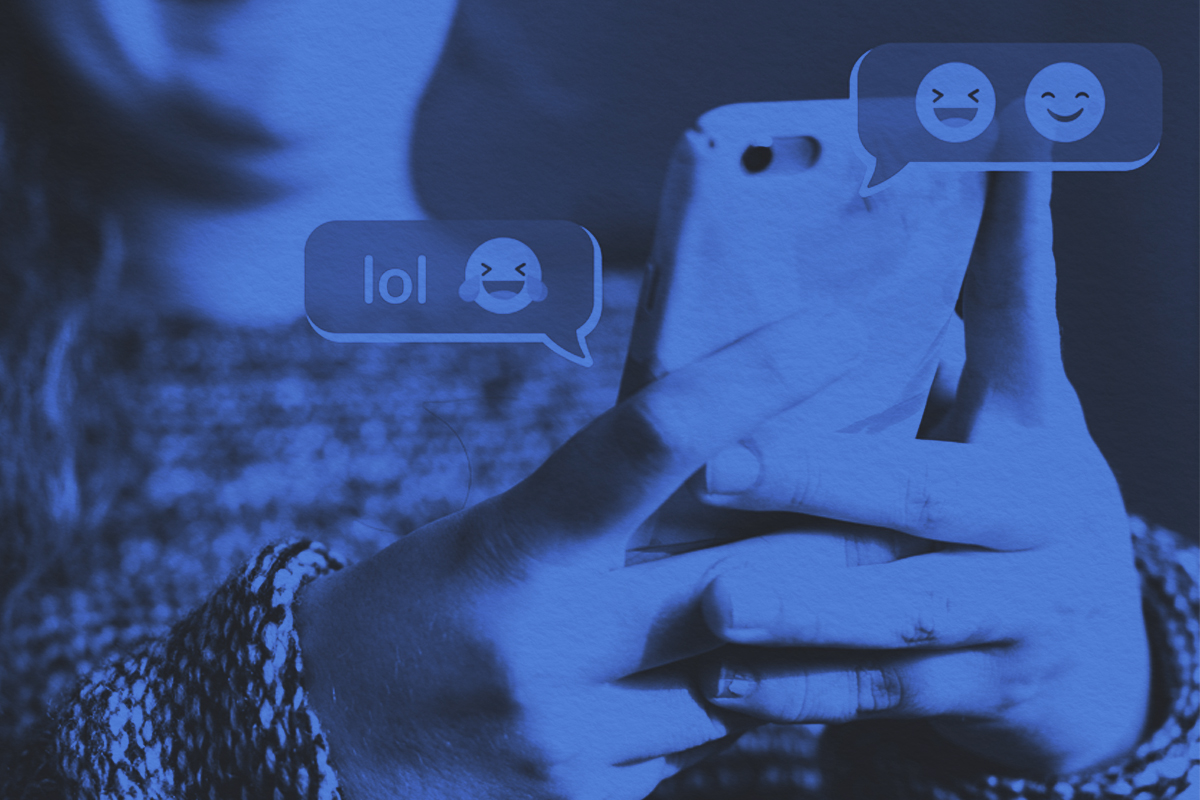
“I search-engined it” just doesn’t have the same ring as “I Googled it.” This is a perfect example of how language catches up with technology — people started using the most popular search engine in the world so much that it became the de facto verb for the activity itself. (Fun fact: The first time “Googling” appeared as a verb on TV was in a 2002 episode of Buffy the Vampire Slayer.)
Now we’re in the middle of the next wave of tech: the AI explosion. While there’s not a verb equivalent to “Googling” in the common lexicon yet, it leads us to wonder: Should we be crediting AI when we use it?
The short answer is yes — you should credit AI if you use it, just as you’d credit a book, article, website, or any other source. If it’s a casual usage, you might just say, “I asked ChatGPT for recommendations,” or “I used AI to research this,” and that would be enough. If you’re doing professional or academic writing however, we can turn to style guides (AP, APA, or MLA, for example) for guidance.
The recommendations differ between style guides, but there are some fundamental basics when it comes to citing AI. If you reference an exact quote or paraphrase any AI-generated output, cite the tool you used (e.g., ChatGPT). It’s critical to do this for transparency, as attempting to pass off AI-generated content as an original idea compromises your integrity as a writer.
The same goes if you use AI to help edit, translate, or generate ideas for a piece, even if you don’t quote the output verbatim. In this case, you should include a sentence in the introduction or appendix to generally explain how AI was used to help produce the piece, rather than a bunch of specific citations. For example, you could write, “Ideas for this article were generated with the help of ChatGPT.” Doing this helps promote transparency and maintain integrity.
For specific citations, refer to whatever style guide you use, as each has specific formatting guidelines and requirements. For example, APA recommends treating AI as an author, while MLA recommends leaving the author section out of the citation.
We don’t use AI tools to write our content on Word Smarts, but we love learning how to use new technology, and keeping up with the language that goes along with it. And we do use AI tools to help us brainstorm new topic ideas and fine-tune headlines and email subject lines. As the technology continues to evolve, we expect there will be more ways to use it and better recommendations for writers. While there’s no equivalent for “Googling” yet, it’s just a matter of time.

















